Sartan 50Mg | 30Tab
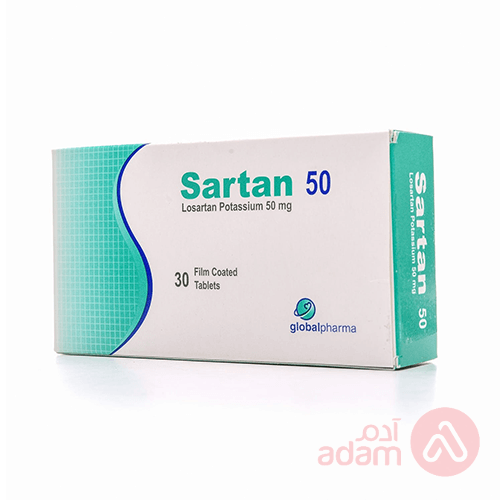

Sartan 50Mg | 30Tab
Requires RxSartan
Losartan (in English: Losartan) belongs to a group of drugs called angiotensin II receptor inhibitors, and it has a hypotensive effect that results from blocking angiotensin receptors that cause narrowing of blood vessels and the release of the hormone aldosterone that causes water and sodium absorption and high blood pressure, so blocking angiotensin II receptors counteracts All of the above leads to low blood pressure.
Losartan has a more efficient mechanism of action due to the effect of angiotensin II on the heart and blood vessels and fewer side effects compared to ACE inhibitors, which are also used to treat high blood pressure. Losartan is also used to lower the risk of kidney failure in patients with type 2 diabetes.
What are the uses of Sartan?
Losartan is used to treat high blood pressure, treat kidney disease in people with type 2 diabetes, and reduce the risk of stroke in patients with left ventricular hypertrophy and high blood pressure.
What are the contraindications for using Sartan?
Losartan should be avoided in cases of hypersensitivity to any of the components of the drug.
What are the precautions for using Sartan?
You should exercise caution and consult your doctor or pharmacist when using losartan in the following cases:
Hypotension/bradycardia: Severe hypotension, bradycardia or angina pectoris can occur with increased blood pressure. Postural hypotension can also occur.
Losartan should be used with extreme caution in suspected myocardial infarction and right ventricular infarction.
Increased potassium level: Your blood pressure, kidney function, and the amount of potassium in your blood (this medicine may cause potassium levels to increase in some patients) should be monitored regularly while taking this medicine.
Decreased kidney function: This drug may cause a decrease in kidney function and/or an increase in creatinine level, especially in patients with reduced renal blood flow (renal artery stenosis, heart failure).
Use with caution in the following conditions: Aortic/mitral stenosis: Use with caution in patients with pronounced stenosis of the aorta/mitral valve.
heart failure
Liver dysfunction.
and decreased blood volume.
Renal artery stenosis and renal failure.
Pregnancy: Should be avoided. There are not enough studies on its use.
Lactation: It is not known if it is excreted in breast milk. It should be avoided.










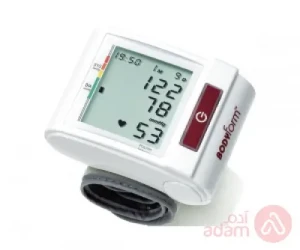
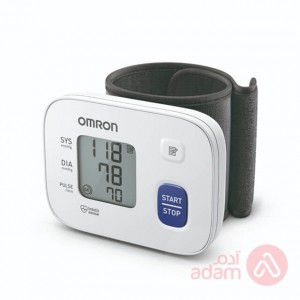
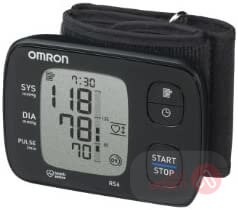
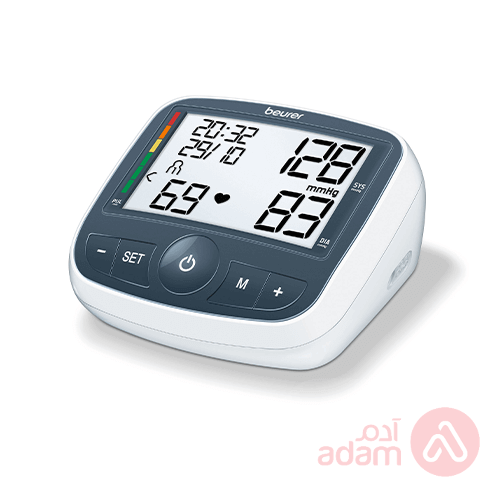
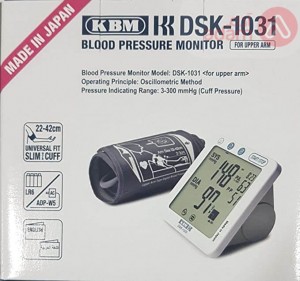
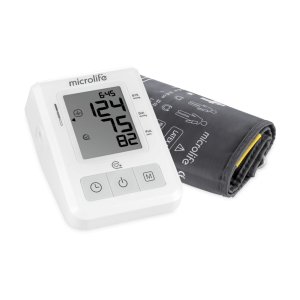
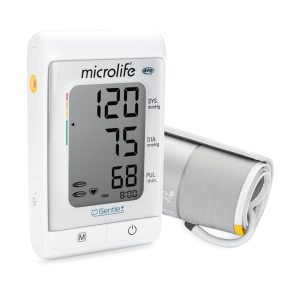
 Contact Us
Contact Us


















